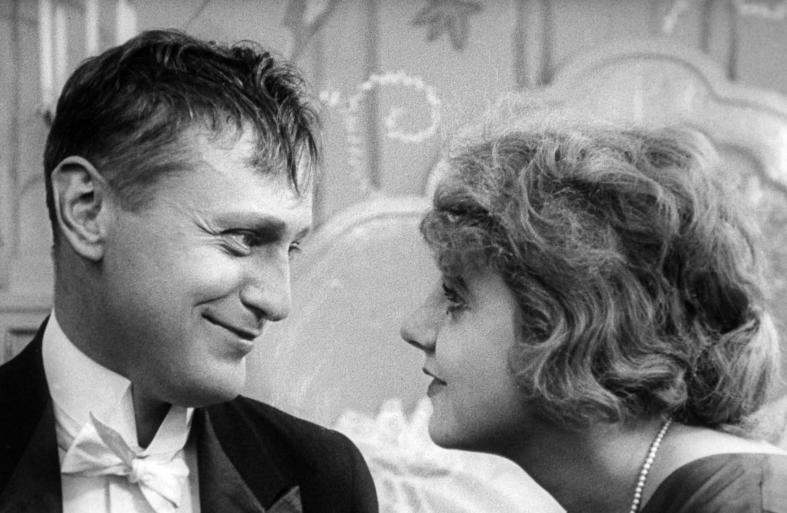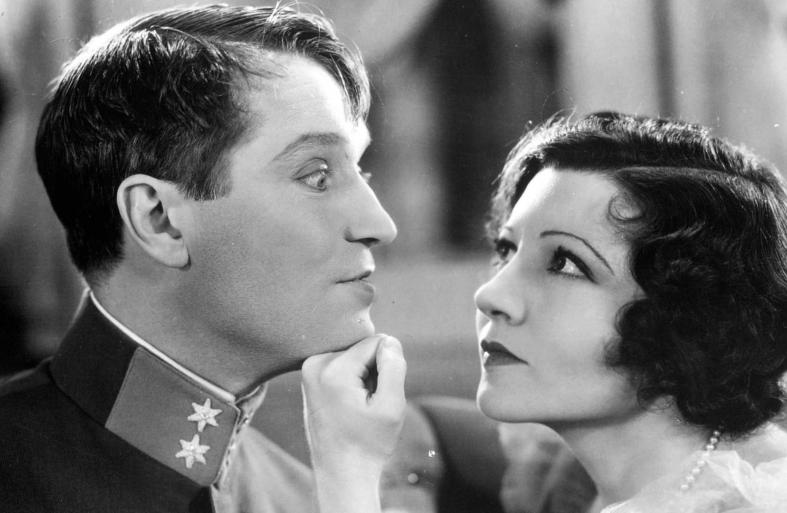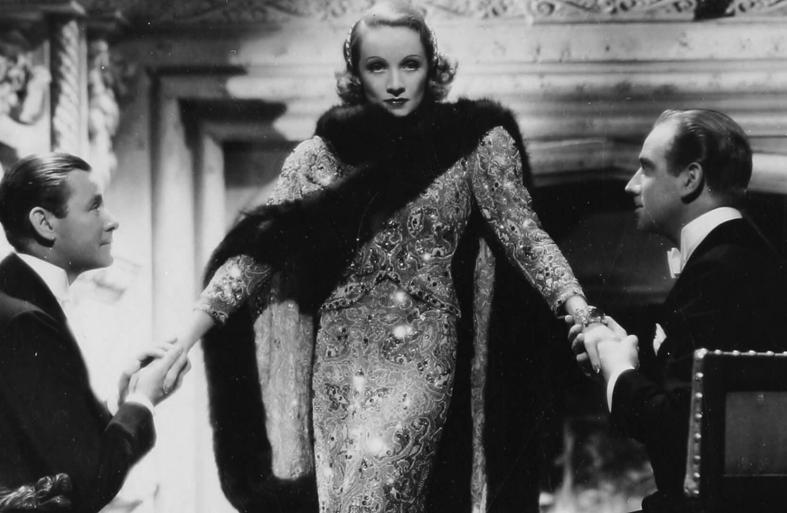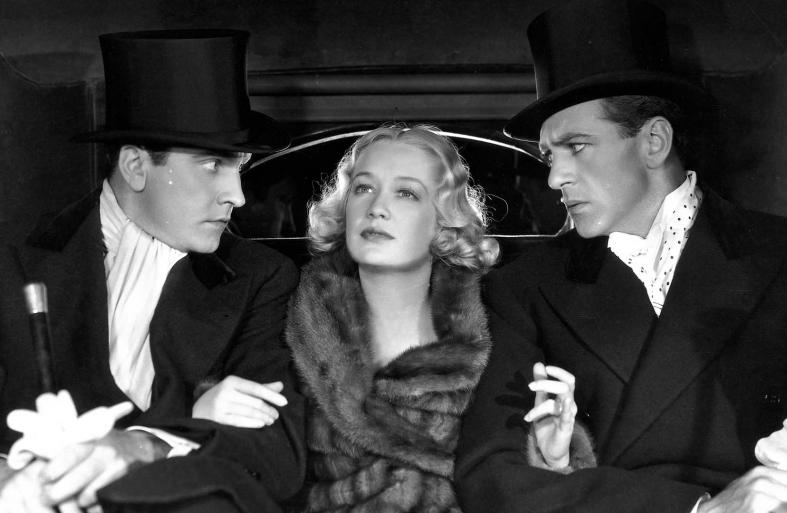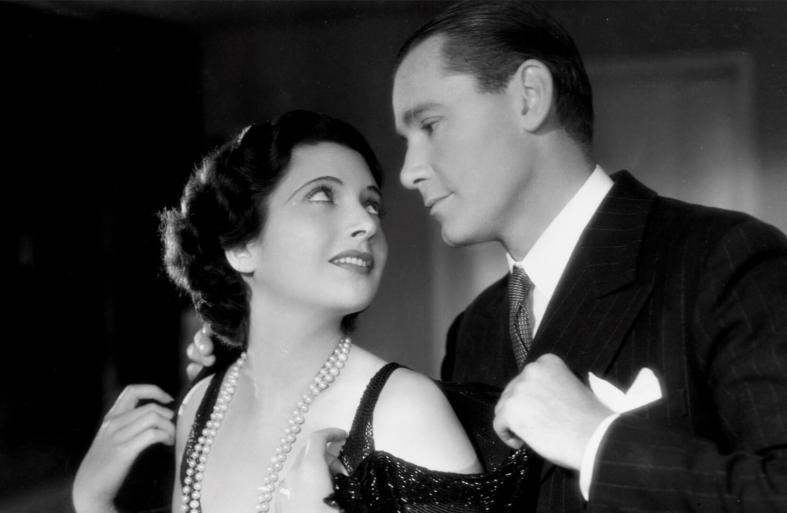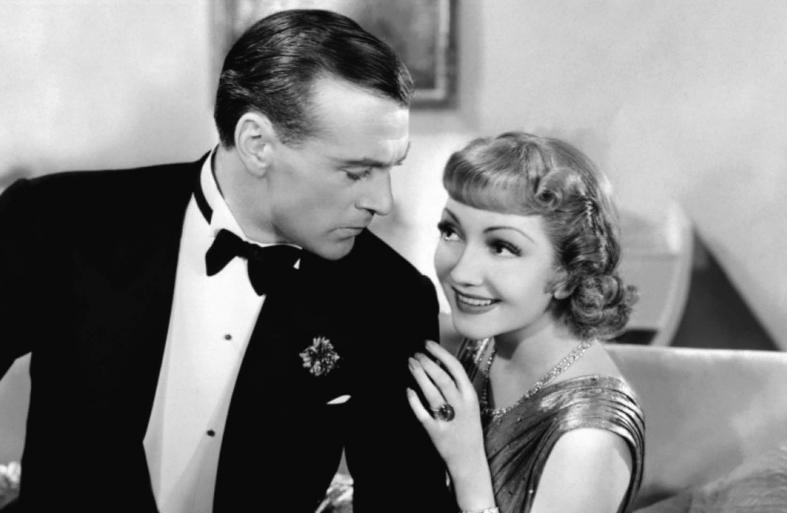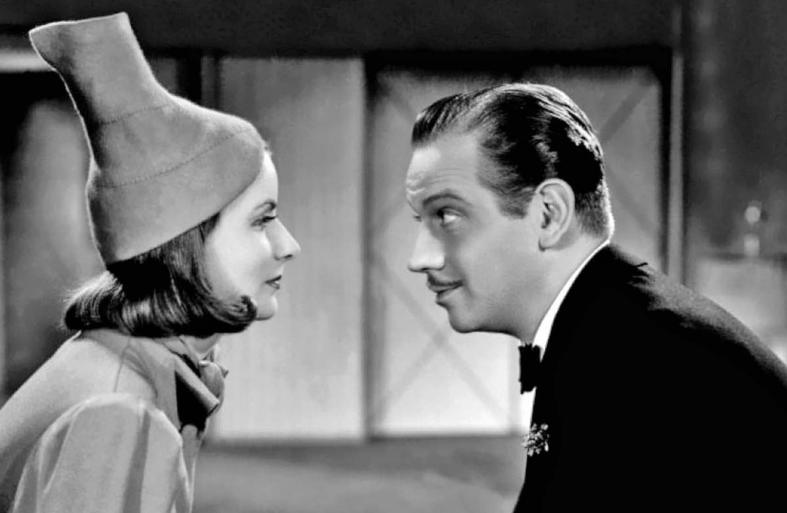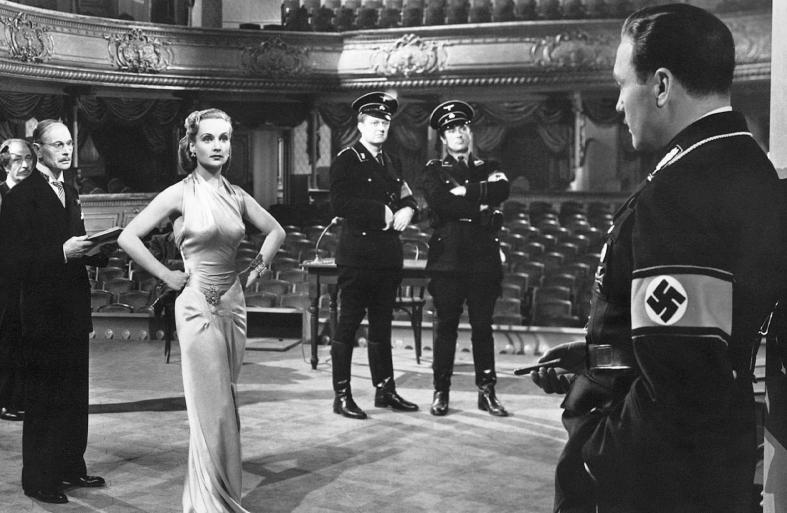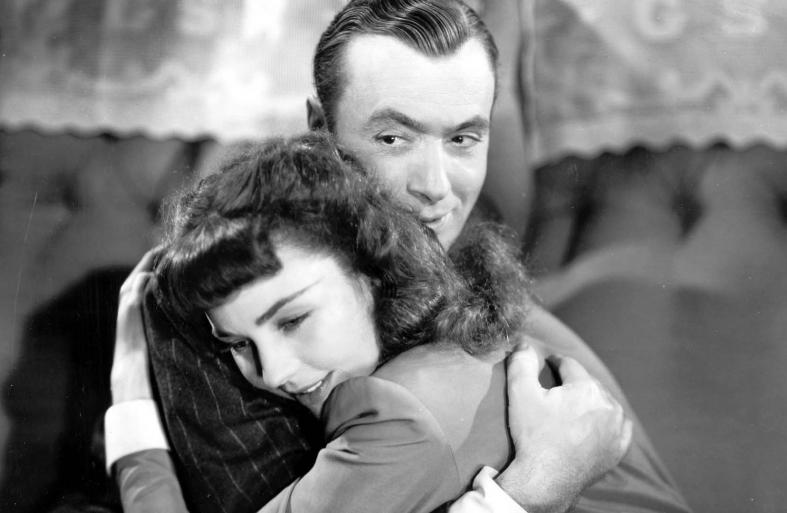Legend has it that at Ernst Lubitsch’s funeral in 1947, Billy Wilder pined, “No more Lubitsch” and William Wyler replied, “worse than that – no more Lubitsch films.” This statement is a tribute to Lubitsch’s ironic spirit, and it unveils something of the secret to the charm of one of the cinema’s first masters.
He was born in 1892 to a Jewish family in Berlin. His father expected him to go into the family business, but young Ernst wanted to be an actor. He began in cabaret and then made his way onto the silent German cinema scene. In 1922 he went to America, where he would head straight to the apex of the Hollywood film industry. There he remained until his death in 1947. Lubitsch’s films are almost always set somewhere in an imaginary Europe, and his heroes almost always fall victim to one of the two outstanding weaknesses of the human species: sex and money. But Lubitsch was blessed with a remarkable degree of mercy and tolerance, which gave his films their humanity and humor.
Our tribute to Lubitsch this month is an opportunity to get reacquainted not only with his best-known films – The Shop Around the Corner or To Be or Not to Be – but also some of his early lesser-known Hollywood films, where you will already see “The Lubitsch Touch” – that elusive term which can be encapsulated in the master’s precise ability to distil irony into a single shot or humble gesture.

